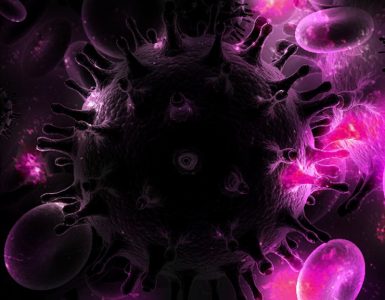| Image Source: dingo.care2.com |
Until now, cancer- of the esophagus, colon, larynx, oral cavity, liver, pharynx, colorectal- has been associated with heavy drinking. But according to a recent study, cancer risk is involved even when alcohol is consumed in moderate amounts.
A study conducted by the researchers from Harvard T. H. Chan School of Public Health and Brigham and Women’s Hospital. More than 135000 people were involved in the study, all of who have reported consumption of alcohol within the prescribed limits, which is one and two glasses a day for women and men respectively. For this study, the data analyzed was presented by the Health Professionals Follow-up Study for men and the Nurses’ Health Study for women; these kept track of the health of 47,881 men and 88,084 women respectively, for up to three decades. Researchers analyzed the risk posed by all cancer types based on the data forwarded by these studies.
This recent study, published this week in the British Medical Journal, measured “standard” drinks as 15 grams of alcohol, the amount found in a glass of wine or a bottle of beer, and found results that were quite shocking. The assessment showed that non-smoking men showed no higher risk for cancer, but men who smoked, or used to smoke at some point in their lives, showed a higher risk of certain cancers if they consumed up to two drinks each day.
The women who reported to having a glass of wine everyday for 30 days in a row had a 13% increased risk of having cancer, and especially the risk of breast cancer was seen to be higher than any other type. This was irrespective of the fact that they smoked or not. It is so because smoking is not known for being a risk factor for breast cancer.
While it has been seen that even one glass of alcohol is substantial in causing cancer in women, researchers have also acknowledged the fact that alcohol consumption is not directly responsible for developing cancer. The condition was seen to develop more in women having a family history of breast cancer even when drinking alcohol as per the doctors’ recommendation.
Dr. Jürgen Rehm, co-author of the study and chief of the Center for Addiction and Mental Health in Toronto, Canada, said that women, who know that they had relatives or family members affected by breast cancer should reduce their alcohol use or, even better, abstain from it.




















